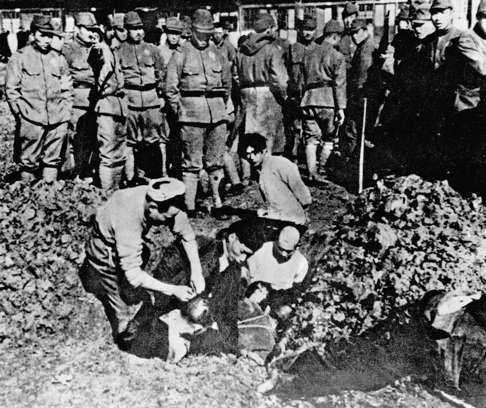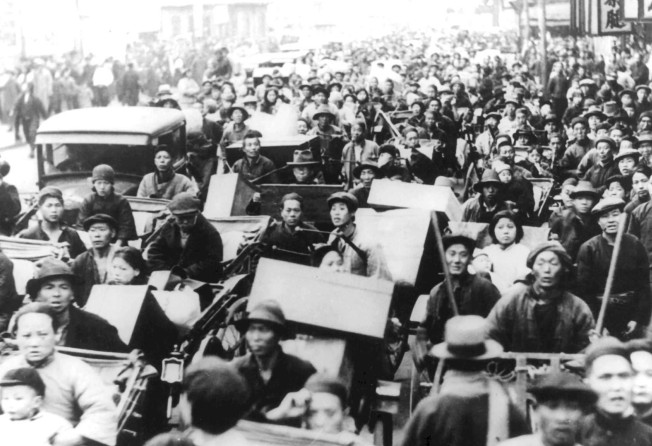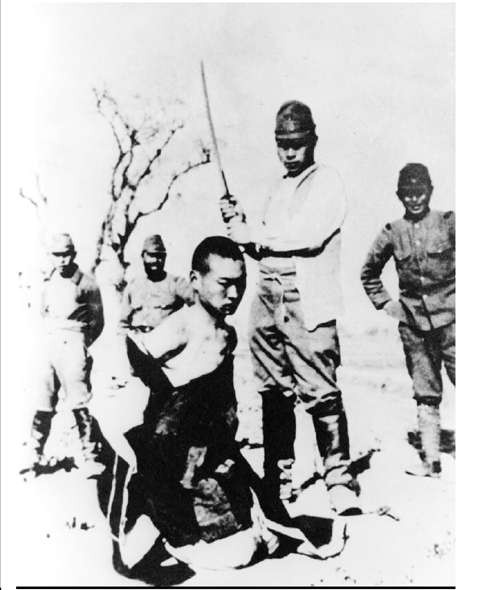
Textbooks change: China’s war against Japanese aggression lasted 14 years instead of eight
Letter instructs schools to extend timeline of ‘eight-year war of resistance’ in primary and secondary teaching materials

The Ministry of Education has ordered a nationwide revision that expands the timeline of the war against Japanese aggression in primary and secondary education in its latest move to boost nationalism.
A letter was sent to provincial education authorities throughout the country from a department under the ministry overseeing primary and secondary schools, The Beijing News reported yesterday.
Dated January 3, the letter reads: “In accordance with our spirit of implementing ‘the 14-year war of resistance’, the department requested different levels and types of teaching material be amended.”
It advised all departments to check their teaching materials and replace the term “eight-year war of resistance” with “14-year war of resistance”, and said only the amended materials should be used by spring.
The People’s Daily reported that the curriculum used should fully reflect “the instrumental function of the Communist Party in the resistance against aggression” and that China was a main battlefield in the war against fascism.
The eight year war of resistance refers to the period from 1937, when the Marco Polo Bridge incident occurred, to 1945 when Japan surrendered. The education ministry now says the resistance started in 1931, when a bomb destroyed a Japanese railway near Shenyang, then known as Mukden.
The changes follow a memorandum issued by the ministry in January last year that called for improved “patriotic education” in schools, as part of President Xi Jinping’s “Chinese dream” initiative to promote nationalism. In October, the Shanghai government pressured private schools to include the teaching of Chinese political ideology in their curriculums.
Jin Shenghong, a historian whose research focuses on the Japanese occupation of Nanjing, welcomed the revision, which he said he had called for since the 1980s.
“I think this is a very wise decision and that the country’s record of history is moving in the right direction because it is in accordance with the historical reality and helps young people, especially those in northeast China, to understand the history of their area better.”
Users of the microblogging platform Weibo were divided on the change.
One user wrote, “The essence of education is to teach us how to hate another nation.”
Another commented, “All of contemporary Chinese history is made up anyway, never mind this one time.”
There were also supporters of the amended dates, with one user writing, “Now history is finally doing justice to my ancestors who fought hard for the country.”

